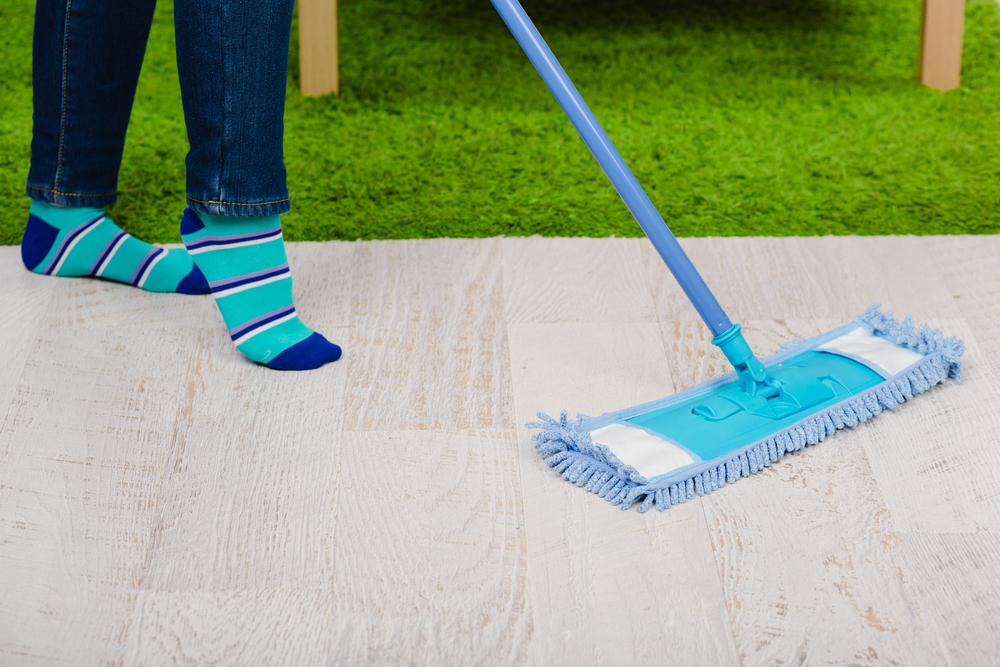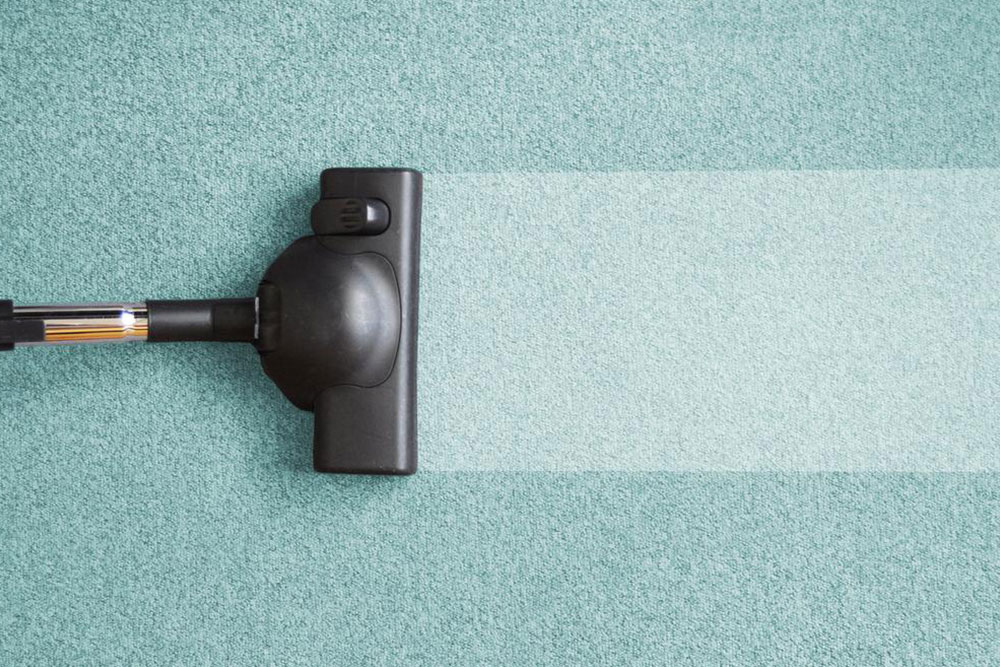Comprehensive Guide to Home Protection Plans and Appliance Warranties: Making Smarter Home Investment Decisions
This comprehensive guide explores the differences between home protection plans and appliance warranties, emphasizing their benefits and limitations. It provides homeowners with detailed insights on how to choose suitable coverage to protect their homes and appliances, ensuring financial security and peace of mind. The article covers both types of warranties, their coverage areas, advantages, and scenarios when skipping warranties might be more practical, helping homeowners make informed decisions to safeguard their investments effectively.

Comprehensive Guide to Home Protection Plans and Appliance Warranties: Making Smarter Home Investment Decisions
Purchasing a home is one of the most significant investments you will make in your lifetime, and safeguarding that investment is crucial to maintaining its value and ensuring peace of mind. Modern homeowners often find themselves overwhelmed with choices when it comes to protecting their property and appliances, especially considering the potential costs associated with repairs and replacements. For those investing in a new or existing residence, understanding the nuances between home protection plans—commonly referred to as home warranties—and appliance warranties can help make informed decisions that align with your financial goals and household needs.
To effectively protect your home, it’s vital to comprehend the scope and benefits of different warranty options. Both home warranties and appliance warranties serve to mitigate the risks associated with unexpected repair expenses, but they differ significantly in coverage, cost, and purpose. This detailed guide explores these options thoroughly, helping homeowners choose the most suitable protection plan for their household and budget.
What Exactly Is a Home Warranty?
A home warranty is a comprehensive, annual service contract that covers essential home systems and appliances. Think of it as a safety net that ensures repairs and replacements are financially manageable when critical household components malfunction. For example, if your central air conditioning unit breaks down during a heatwave, a home warranty helps cover the cost of repairs or replacement, preventing a sudden, unexpected expense that can strain your finances.
This type of warranty typically covers systems such as plumbing, electrical wiring, heating, cooling, and key appliances like dishwashers and ovens. Given that major home systems are complex and crucial for everyday comfort, a home warranty provides reassurance that you won’t be caught off guard by costly repairs. It’s especially advantageous when purchasing a new home or maintaining an older property, where wear and tear can lead to frequent issues.
Understanding Appliance Warranties
While a home warranty covers broader home systems, appliance warranties concentrate specifically on individual appliances or a set of appliances. Typically purchased from third-party providers, appliance warranties extend beyond the manufacturer’s original coverage period, offering continued protection for appliances such as refrigerators, washing machines, and microwaves.
These warranties can be a cost-effective way to ensure your appliances function optimally and to avoid expensive repair bills. They are often purchased at the same time as the appliance or later, providing flexibility based on your needs. Appliance warranties are also known as repair plans, service contracts, or extended warranties. They generally involve small deductibles per incident and are designed to provide peace of mind by covering repairs or replacements when appliances malfunction or break unexpectedly.
Typically, appliance warranties cost around 15% of the initial purchase price of the appliance, making them a budget-friendly solution for many homeowners who want to avoid the hassle of finding repair services during emergencies. They are especially beneficial for high-end appliances or appliances with complex components prone to malfunctioning over time.
Coverage Details of Home and Appliance Warranties
What does a home warranty typically cover?
Home warranties are designed to include major systems that are essential for daily household functioning. When purchasing a new home or maintaining an existing one, it’s crucial to verify that these systems are in working order and properly covered under a warranty plan. Standard coverage encompasses the following:
Electrical wiring and panels
Ceiling fans and exhaust fans
Air conditioning units and ductwork
Doorbells and intercom systems
Central vacuum systems
Toilets, sinks, and plumbing fixtures
Water heaters, including tankless models
Garbage disposals and food waste systems
Heating systems, including furnaces and boilers, along with ductwork
Smoke and carbon monoxide detectors
Major kitchen appliances like ranges, ovens, and hoods
And what about appliance warranties?
Appliance warranties focus specifically on certain home appliances, typically those bought after moving into the house or included as part of the home's furnishings. They provide coverage for numerous appliances, including:
Dishwashers
Refrigerators
Microwaves
Clothes washers and dryers
Garbage disposals
Garage door openers
Because these appliances are essential for daily living, having a warranty ensures that unexpected malfunctions do not disrupt your routine or incur steep repair costs.Why Should You Consider Warranties?
Both home protection plans and appliance warranties offer notable benefits, particularly for budget-conscious homeowners or those concerned about maintaining property value. They serve as financial safeguards against unpredictable repair costs, which tend to increase with age and use. A well-chosen warranty plan can save hundreds of dollars annually by offsetting repair or replacement expenses that might otherwise come out of pocket. Moreover, these warranties provide peace of mind, enabling homeowners to focus on enjoying their residence without constantly worrying about potential breakdowns.
When Might It Be Better to Skip a Warranty?
While warranties offer numerous advantages, they aren’t always the best choice for every homeowner. Some contracts include clauses and exclusions that limit coverage or impose significant deductibles. Additionally, warranties typically only provide benefits if an appliance or system fails within the coverage period, often two to three years, after which the warranty becomes void.
In cases where appliances are relatively new and well-maintained, the cost of repair or replacement may be comparable to the warranty premiums, rendering the warranty unnecessary. A prudent approach is to set aside savings equivalent to the annual warranty costs—known as a sinking fund—and use these funds for repairs only when needed. This method ensures flexibility and avoids locking into contracts that may not provide value over time.
In conclusion, understanding your household needs, the scope of coverage, and the costs involved will help you determine whether purchasing a home or appliance warranty is the right decision for your specific situation.





